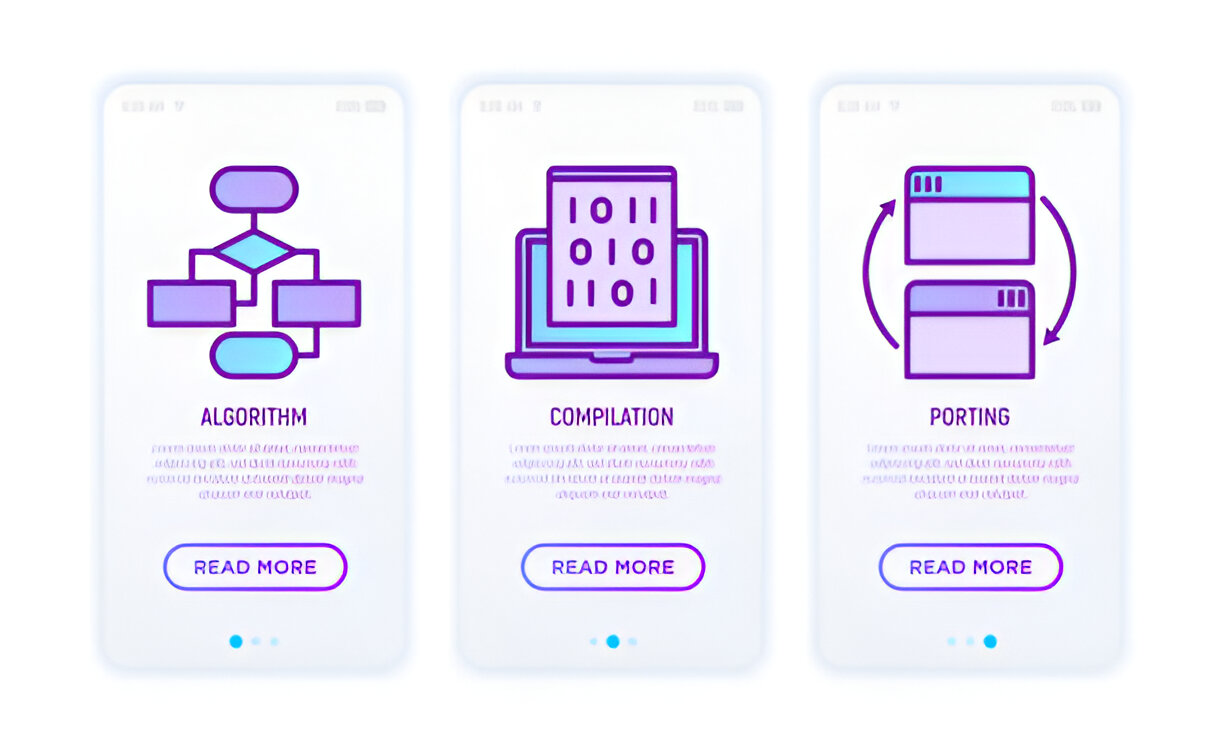
When starting a new project, selecting the right tool for building and managing it is one of the most important decisions you’ll make. Two popular options are Content Management Systems (CMS) and Low-Code Platforms. Both help you create and manage websites or applications, but each has unique features and strengths. Let’s break down what Choose Between CMS and Low-Code Platforms are, their benefits, and how to choose the right one for your project.
1. What is a CMS?
A Content Management System (CMS) is a software tool that helps you create, manage, and organize content on a website. With a CMS, you don’t need to know how to code because the platform provides templates, themes, and tools for building and editing content. Popular CMS options include WordPress, Joomla, and Drupal.
With a CMS, you can easily update text, add images, and manage your website’s design, all through a user-friendly interface. It’s ideal for projects where managing and publishing content is a major focus, like blogs, news sites, and e-commerce stores.
2. What is a Low-Code Platform?
A Low-Code Platform is a tool that lets you build applications with minimal coding. Low-code platforms use drag-and-drop tools, visual interfaces, and pre-built templates, making it easier and faster to create apps. Some popular low-code platforms include OutSystems, Appian, and Mendix.
Low-code platforms are great for projects that need custom features or unique workflows. You can build more complex apps without writing extensive code, making low-code platforms popular for agile teams and businesses looking to speed up their development process.
3. When to Choose a CMS for Your Project
Choosing a CMS is often the best option if your project involves managing large amounts of content, such as blog posts, images, or product listings. Here’s when a CMS makes sense:
- Content-Heavy Projects
If your project relies heavily on text, images, videos, and other content, a CMS provides the tools you need to organize and display it. CMS platforms are designed for managing content efficiently, so they’re great for blogs, news sites, and online magazines. - Frequent Content Updates
A CMS makes it easy to update content frequently. You can log in, make changes, and publish them without needing a developer. This is useful for projects that require regular updates, such as e-commerce sites with changing product listings or company websites with frequent news updates. - Non-Technical Team Members
CMS platforms are user-friendly, allowing team members with little technical knowledge to add and edit content. This can be a big advantage if you want a team of writers or marketers to manage the content without needing a developer’s help. - SEO and Blogging Features
Many CMS platforms come with built-in SEO tools and plugins that help you optimize content for search engines. This is beneficial if your project’s goal is to drive traffic to your website through content and SEO.
4. When to Choose a Low-Code Platform for Your Project
A low-code platform might be a better fit if your project requires custom features, unique workflows, or more flexibility than a CMS offers. Here’s when to consider using a low-code platform:
- Custom Applications with Specific Needs
Low-code platforms allow you to build custom applications that can do exactly what you need. This is useful if your project has unique requirements, such as a custom dashboard, a workflow automation tool, or an internal business app. - Quick Development and Testing
Low-code platforms let you build and test applications quickly. This can be an advantage if your project timeline is short, and you need to release updates often. Agile teams often choose low-code platforms because they enable fast development and easy adjustments. - Integration with Other Systems
Many low-code platforms have tools that allow easy integration with other systems or databases. If your project needs to connect with other business tools, like CRM software or inventory management, a low-code platform may make the integration process simpler. - More Control Over Design and Functionality
Unlike CMS platforms, which are often limited by templates, low-code platforms provide more flexibility in design and functionality. You can create unique layouts, custom features, and advanced workflows that a CMS might not support.
5. Key Differences Between CMS and Low-Code Platforms
To help you decide, here are some main differences between CMS and low-code platforms:
- Purpose
CMS is focused on content management, making it best for websites that need frequent updates. Low-code platforms are focused on custom applications and are more suited for projects that require specific features. - User-Friendly vs. Flexible
CMS platforms are generally easier for non-technical users, while low-code platforms are more flexible for developers to create unique features and custom workflows. - Speed
CMS can be faster for content-focused projects, as it often comes with built-in tools and plugins. Low-code platforms are faster for custom applications because they simplify the coding process.
6. Which One is Right for Your Project?
To choose between CMS and low-code, think about the goals of your project:
- If your goal is to manage and display content easily, go with a CMS. CMS platforms are excellent for content-heavy projects that need regular updates, such as blogs, portfolios, or small business websites.
- If you need custom applications with unique features, a low-code platform is the better choice. Low-code is ideal for projects where you need flexibility, custom workflows, and fast development, such as business tools, custom dashboards, or internal apps.
7. Conclusion: Choosing the Right Tool
Both CMS and low-code platforms have their strengths, so the right choice depends on your project’s needs. CMS is great for managing content-heavy websites, while low-code platforms are ideal for custom applications and unique features. By understanding your project’s goals and requirements, you can pick the right tool to build something efficient, flexible, and user-friendly.



